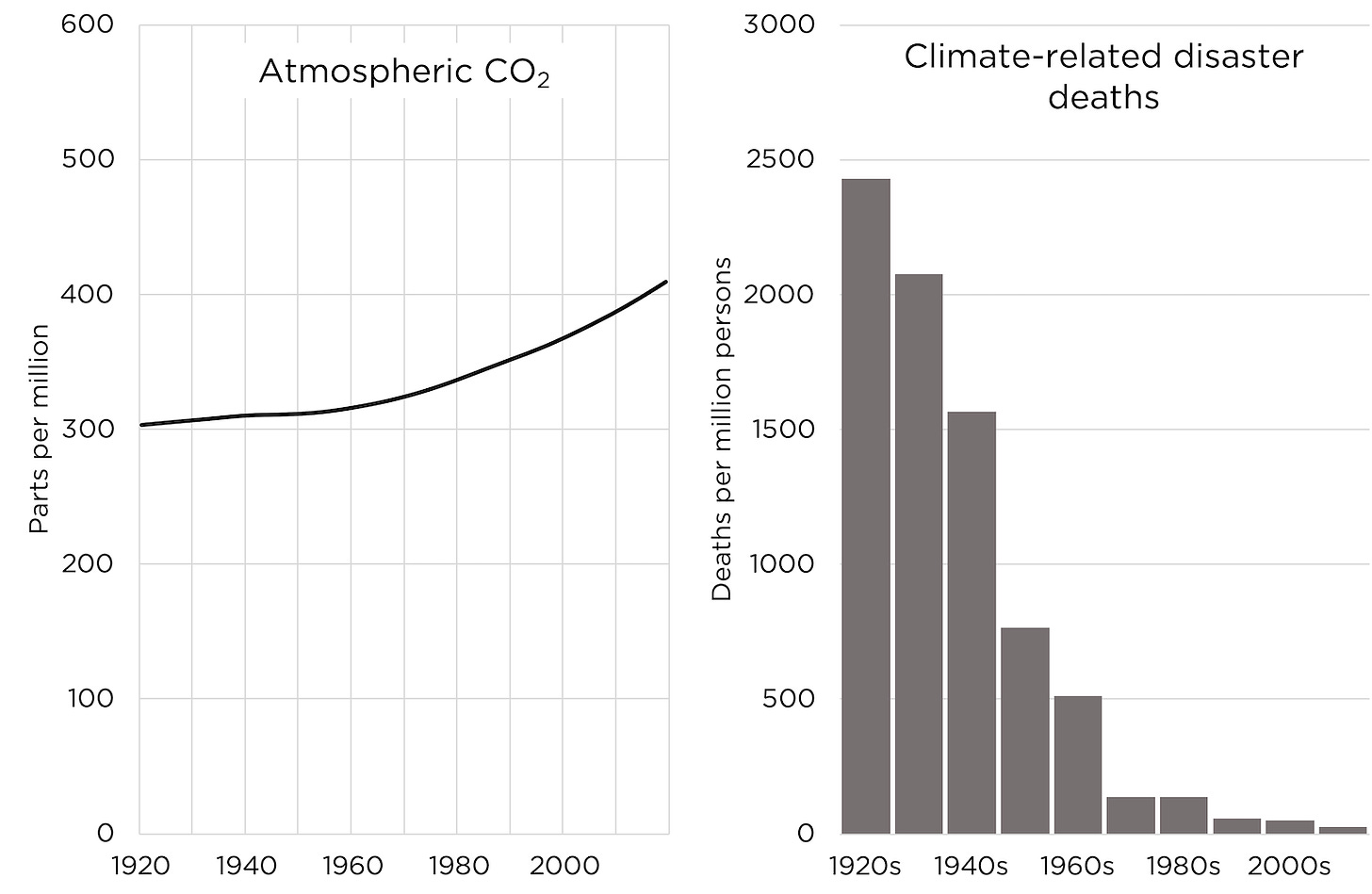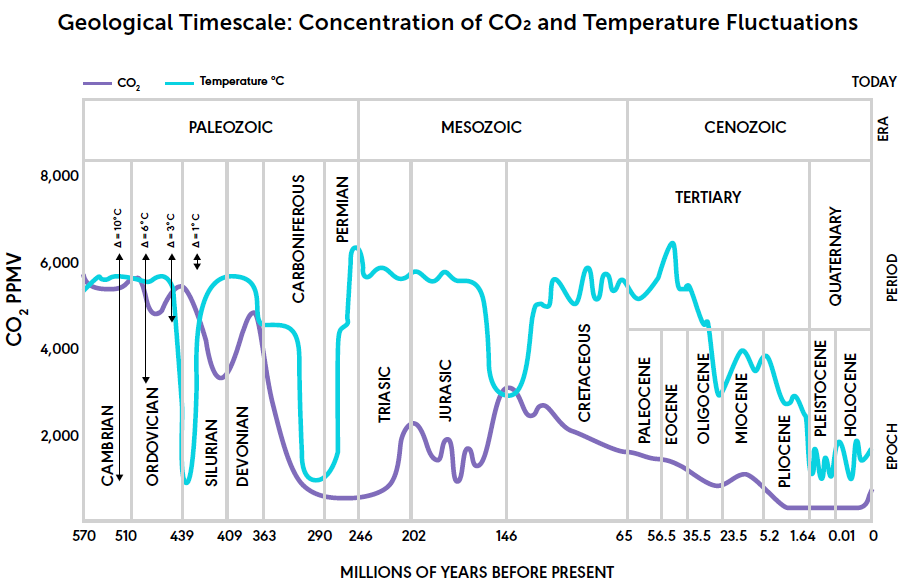First off, focus on monetary policy rather than fiscal policy is kind of a shiny-object approach:
Using fiscal policy to reduce excess aggregate demand has some clear advantages over using monetary policy. Policymakers have much more nuanced tools than the Fed’s blunt instruments. This is important because any economic demand-dampening could have major distributional consequences. The political branches are subject to more direct democratic accountability and control than the Fed, and are therefore better suited to deciding where the pain will fall.
Also, using fiscal policy limits the extent to which the Federal Reserve will have to raise interest rates. This is attractive not just for political reasons (the stock market!) but also from a fiscal-sustainability perspective. If interest rates do not have to rise as much thanks to fiscal tightening, the federal government will not see interest payments on its debt rise as fast. This may sound like a minor issue, but federal debt held by the public is now around 100 percent of GDP, and every percentage point of interest-rate increases corresponds to a percentage point of GDP in additional spending, or over 5 percent of federal revenue.
Of course, the best solution is to limit the extent of dampening required. Again, whatever the cause of our current inflation woes, the ideal solution is not for aggregate demand to shrink but for aggregate supply to catch up. While the Fed cannot realistically expand aggregate supply, the administration should make that an urgent goal.
But our president seems bent on measures that would go in the direction of allowing this catch-up to occur:
A great place to start expanding supply would be addressing inefficient regulation. Unfortunately, President Biden’s proposals in this area have been lackluster. In his State of the Union address he proposed four anti-inflation measures: price controls for prescription drugs; subsidies for weatherization and electric vehicles; subsidies for childcare; subsidies for home and long-term care; housing subsidies; and subsidies for pre-K.
Even setting the fiscal impact aside, what these measures will mostly do is drive up demand, and with that, pre-subsidy prices for a broad range of services. Unfortunately, the president mostly doubled down on this approach in his remarks yesterday, when he added new housing and agriculture subsidies to the mix.
The term "subsidies," used amply here, is apt and then some, but it doesn't appear in Biden's actual remarks on Tuesday. He used the term "invest." More on that in a bit.
Now, of course, the war in Ukraine has also been a factor in inflation's roar. It has had a considerable effect on energy prices.
But Biden seems determined to double down on his disdain for the only energy forms that are at present cheap, available in abundance, and consistently accessible:
The Biden administration has canceled one of the most high-profile oil and gas lease opportunities pending before the Interior Department. The decision, which halts the potential to drill for oil in over 1 million acres in the Cook Inlet in Alaska, comes at a challenging political moment, when gas prices are hitting painful new highs.
In a statement shared first with CBS News, the Department of the Interior cited a "lack of industry interest in leasing in the area" for the decision to "not move forward" with the Cook Inlet lease sale. The department also halted two leases under consideration for the Gulf of Mexico region because of "conflicting court rulings that impacted work on these proposed lease sales."
Federal law requires the Department of the Interior to stick to a five-year leasing plan for auctioning offshore leases. The administration had until the end of the current five-year plan — set to expire at the end of next month — to complete these lease sales.
Fossil fuels have actually made us far safer from climate by providing low-cost energy for the amazing machines that protect us against storms, protect us against extreme temperatures, and alleviate drought. Climate disaster deaths have decreased *98%* over the last century.3
Fossil fuels' CO2 emissions have contributed to the warming of the last 170 years, but that warming has been mild and manageable—1° C, mostly in the colder parts of the world. And life on Earth thrived (and was far greener) when CO2 levels were at least 5X higher than today's.4
Solar and wind can't come close to replacing fossil fuels. They only provide electricity (20% of energy use)—and they don't even do that well. Because solar and wind are unreliable, they don't replace reliable power plants—they add to the cost of reliable power plants.5
Now, I'd like to invite Byron York of the Washington Examiner to weigh in on the obscene use this term "invest":
How can you tell the White House wants to increase spending? By the number of times it uses the word "invest." Democratic White Houses and Congresses do not spend. They "invest." And if you look at the fact sheet accompanying the president's remarks on Tuesday, you'll find some form of "invest" several times. Biden wants to "invest in lowering the cost of child care." He wants to "invest in building more than one million affordable homes." He wants to pass "clean energy and vehicle tax credits and investments." He wants a "historic investment in [electric vehicle] charging infrastructure." In his remarks, Biden said, "I'm working with Congress to pass landmark investments to help build a clean energy future." The president and his party are "investing" all over the place. By the way, one word that is not found at all in either the president's remarks or the White House fact sheet: "subsidy." And yet the plan is full of them.
Think about this. He wants to use the money the government seizes from you at gunpoint (I'm speaking of taxes, and I know that's a rather boneheaded way of putting it, but it's not wrong) to keep inflation at harmful levels by pouring it into idiotic energy schemes and social engineering initiatives.
The damn shame about all of this is that it doesn't have to be this way.


No comments:
Post a Comment